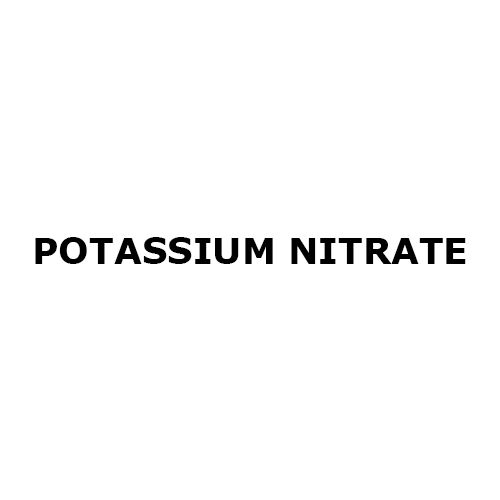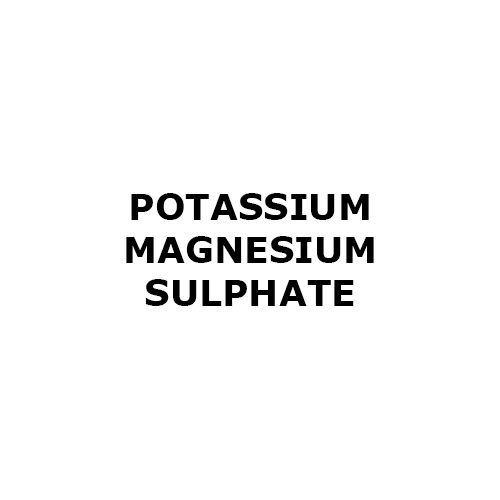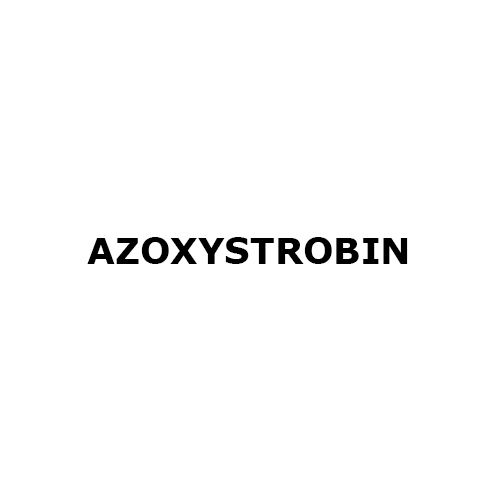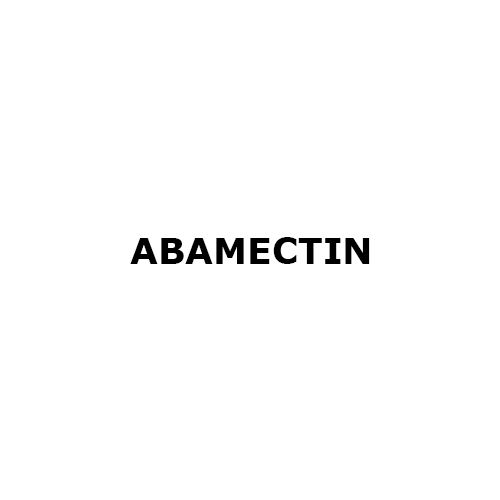- Home Page
- Company Profile
-
Our Products
- Fungicides
- Letis Fungicide
- Discord Fungicides
- Propiconazole 25% E.C
- IMPAXO Fungicides
- Carbendazim 46.27% SC
- Shonar Fungicide
- Tebuconazole 38.39% SC
- Thiophanate Methyl 70% WG
- Lime Sulphur 22% SC
- Tebuconazole 2% DS
- Tunus Fungicide
- Mabira fungicides
- Tacos Fungicide
- Heptan Fungicides
- Tyler Fungicide
- Corbett Fungicides
- Sulphur 40% SC
- Hoodie Fungicide
- Marvel Fungicides
- Sahaz Fungicide
- Shedo Agriculture Fungicide
- Sulphur 55.16% SC
- Julam Fungicide
- Mobis Fungicides
- Azocet Fungicides
- Chylock Fungicide
- Helicen Fungicides
- Shedo Fungicides
- Herbicides
- Scarf Herbicides
- Joom Agriculture Herbicides
- Tiplet Herbicide
- Scottish Herbicides
- Quizal Cross Herbicides
- Pretilachlor 50% EC
- Zapin Herbicide
- Oxygel Agriculture Herbicides
- Giles Agriculture Herbicide
- Zapin Herbicides
- Toronto Herbicide
- Panic Herbicides
- Jal Grip Herbicides
- One Pis Herbicide
- Aentis Herbicide
- Pixa herbicide
- Insecticides
- 30.5 Percent SC Imidacloprid Insecticide
- Lavta Insecticides
- 0.15 Percent EC Neem Seed Kernel Based Containing Azadirachtin Insecticide
- Tonga Insecticide
- Kitty Insecticide
- Twistify Insecticide
- 17.8 Percent SL Imidacloprid Insecticide
- 6 Percent Imidaclorpid And 4 Percent Lambda Cyhalothrin Insecticide
- Devas Insecticides
- Cripta Insecticide
- Thailem Insecticide
- Puffin Insecticide
- Civic Insecticides
- Firok-2 Insecticide
- Tranzex Insecticides
- Tumba Insecticide
- Mafiya insecticides
- 5 Percent SC Fipronil Insecticide
- Acephate 75% SP
- Canva Insecticide
- Lonar Insecticide
- Kipsy Insecticides
- Rombi Insecticides
- Vasko Insecticide
- 0.03 Percent EC Neem Oil Based Containing Azadirachtin Insecticide
- Jugar Insecticide
- 75 Percent SG Thamethoxam Insecticide
- Cartish Insecticides
- 4.9 Percent CS Lambda-Cyhalothrin Insecticide
- Brina insecticide
- Fittest Insecticides
- 50 Percent EC Chlorpyrilos Insecticide
- Forak Insecticide
- FIdji Insecticides
- Kedon Insecticides
- Costa Insecticide
- 0.3 Percent Wlw Neem kernel Based EC Containing Azadirachtin Insecticide
- 5 Percent E.C Lambdacyhalothrin Insecticide
- Andix Insecticide
- 10 Percent EC Bifenthrin Insecticide
- Dross Insecticide
- Thiamethoxam 75% SG Insecticide
- SPYD Insecticides
- Crick Insecticides
- Costy Insecticide
- Filix Insecticide
- Chapo Insecticide
- Fire Top Insecticide
- Comics Insecticide
- 48 Percent FS Imidacloprid Insecticide
- Punga Insecticide
- Carter Insecticides
- Wales Insecticides
- Chlorontraniliprole 18.5% SC
- Furrys Insecticides
- Crook Insecticides
- DJ3 Insecticide
- 36 Percent SL Monocrotophos Insecticide
- Dinop Insecticide
- Pairet Insecticide
- Mix Micro Nutrient Fertilizers
- Water Soluble Fertilizer
- Ziddma MAP 12:61:00 Fertilizers
- Ziddma MKP 00:52:34 fertilizer
- MKP 00 52 34 Fertilizer
- NPK 19 19 19 Fertilizer
- Calcium Nitrate -Boron
- Calcium Nitrate Fertilizer
- Magnesium Sulphate Fertilizer
- MAP 12:61:00 Fertilizer
- NPK 13: 40: 13 Fertilizer
- Potassium Nitrate 13:00:45 fertilizer
- SOP 00:00:50 Fertilizer
- Ammonium Sulphate N-20.5% S-23% Fertilizer
- Ziddma NPK 19:19:19 Fertilizer
- Ziddma NPK 13:40:13 Fertilizer
- Ziddma Calcium Nitrate Fertilizer
- Ziddma Potassium Nitrate 13:00:45 Fertilizer
- Ziddma SOP 00 : 00 : 52 Fertilizers
- Ziddma Magnesium Sulphate MgSo4 7H2O Fertilizers
- Fertilizers
- Plant Growth Promoters
- Bio Products
- Pesticides
- Agriculture Chemicals
- Calcium Nitrate
- Boron Chemical
- Abamectin Chemical
- Deltamethrin Chemical
- Mono Zinc Sulphate
- Cymoxanil Chemcial
- Carboxin Chemical
- Azoxystrobin Chemical
- Validamycin Chemical
- Butachlor Chemical
- Triacontanol Chemcial
- Quizalofop Chemcial
- NPK Fertilizer 13 40 13
- Potassium Magnesium Sulphate
- Zinc Sulphate
- Magnesium Sulphate
- Phosphoric Acid
- Zinc Sulphate Heptahydrate
- Ethion Chemical
- Tricyclazole Chemical
- Potassium Nitrate
- Potassium Sulphate
- Fungicides
- Gallery
- Our Achievement
- Contact Us
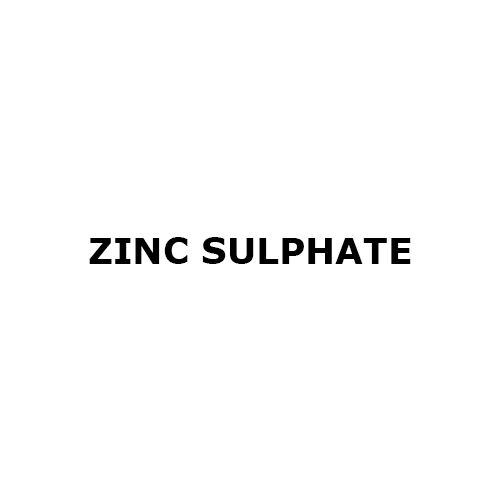
Zinc Sulphate
500.00 - 2500.00 INR/Kilograms
Product Details:
- Chemical Name Other
- Click to view more
X
Zinc Sulphate Price And Quantity
- 1000 Kilograms
- 500.00 - 2500.00 INR/Kilograms
Zinc Sulphate Product Specifications
- Other
Zinc Sulphate Trade Information
- 1000 Kilograms Per Day
- 7 Days
Product Description
Zinc sulfate is a chemical compound that consists of zinc, sulfur, and oxygen, with the formula ZnSO4. It is typically found as a colorless crystalline solid and is commonly used in various applications:
1. Fertilizers: Zinc sulfate is used in agriculture as a fertilizer additive to correct zinc deficiencies in plants. It is particularly important for crops like corn and cereals.
2. Animal Feed: Zinc sulfate is also used as a nutritional supplement in animal feed to prevent zinc deficiency in livestock. It aids in the growth and development of animals.
3. Galvanization: Zinc sulfate is used in the galvanization process, which involves applying a protective zinc coating to steel or iron to prevent corrosion.
4. Chemical Industry: It serves as a precursor to other zinc compounds, which find applications in various chemical processes.
5. Medical Applications: In medicine, zinc sulfate is used as an astringent and emetic (to induce vomiting). It's also used in some over-the-counter cold remedies and dietary supplements due to its role in immune function.
6. Water Treatment: Zinc sulfate is sometimes used in water treatment as a coagulant to remove impurities.
Zinc Sulphate Properties:
1. Physical Form: Zinc sulfate is commonly found in the form of colorless, odorless crystals or white powder. It can also be obtained as a heptahydrate (ZnSO4 7H2O), known as zinc sulfate heptahydrate, which appears as small, transparent, blue crystals.
2. Solubility: Zinc sulfate is highly soluble in water, which makes it suitable for use in aqueous solutions for various applications. The solubility of zinc sulfate decreases with decreasing temperature.
3. Hygroscopicity: Zinc sulfate heptahydrate has hygroscopic properties, meaning it can absorb moisture from the atmosphere. This property makes it prone to forming lumps or becoming sticky when exposed to air.
4. Acidity: Zinc sulfate solutions are acidic in nature due to the presence of sulfate ions. When dissolved in water, zinc sulfate dissociates into zinc ions (Zn2+) and sulfate ions, contributing to the acidity of the solution.
5. Density: The density of zinc sulfate varies depending on its form and concentration. Generally, zinc sulfate heptahydrate has a density of around 1.957 g/cm3, while the anhydrous form has a density of approximately 3.54 g/cm3.
6. Melting and Boiling Points: Zinc sulfate decomposes upon heating before it reaches a distinct melting point. The compound typically decomposes around 680 degree centigrade without undergoing a clear melting process. Zinc sulfate does not have a specific boiling point because it decomposes before reaching a boiling temperature.
7. Reactivity: Zinc sulfate is relatively stable under normal conditions but can react with strong bases, acids, and reducing agents. It is incompatible with alkalis, which can precipitate zinc hydroxide from solution.
8. Biological Activity: Zinc sulfate is essential for various biological processes in plants, animals, and humans. It serves as a cofactor for numerous enzymes and is involved in cellular metabolism, DNA synthesis, immune function, and wound healing.
Zinc Sulphate FAQ:
Q. What is zinc sulfate?
Ans: Zinc sulfate is a chemical compound composed of zinc, sulfur, and oxygen, with the molecular formula ZnSO4. It is commonly found in the form of colorless crystals or white powder.
Q. What are the main uses of zinc sulfate?
Ans: Zinc sulfate has various applications, including use in agriculture as a fertilizer additive, in animal nutrition as a dietary supplement, in galvanization for metal coating, in water treatment as a coagulant, in medicine for dermatological treatments and nutritional supplements, and in industrial processes for chemical synthesis.
Q. How does zinc sulfate benefit plants?
Ans: Zinc sulfate is used in agriculture to address zinc deficiencies in plants. Zinc is an essential micronutrient required for enzyme activation, chlorophyll formation, and overall plant growth. Zinc sulfate fertilizer helps improve crop yield and plant health.
Q. Why is zinc sulfate added to animal feed?
Ans: Zinc sulfate is added to animal feed as a nutritional supplement for livestock and poultry. Zinc is essential for various physiological processes in animals, including growth, immunity, metabolism, and reproduction. Supplementing feed with zinc sulfate helps prevent zinc deficiency and associated health issues in animals.
Q. What is the role of zinc sulfate in galvanization?
Ans: In galvanization, zinc sulfate is used to coat steel or iron surfaces with a protective layer of zinc. This process, known as hot-dip galvanizing, helps prevent corrosion and extends the lifespan of metal products by providing a sacrificial barrier against environmental factors such as moisture and oxidation.
Q. How is zinc sulfate used in water treatment?
Ans: Zinc sulfate is employed in water treatment plants as a coagulant to clarify water by removing suspended particles, organic matter, and contaminants. It aids in the formation of flocs, which can be easily removed through filtration or sedimentation processes, resulting in cleaner water.
Q. Are there any health benefits of zinc sulfate for humans?
Ans: Zinc sulfate is used in medicine and pharmaceuticals for various purposes. It is used topically in dermatological treatments for conditions such as acne, eczema, and psoriasis. Additionally, zinc sulfate supplements are available for oral consumption to prevent or treat zinc deficiency, support immune function, and promote overall health.
Q. What precautions should be taken when handling zinc sulfate?
Ans: When handling zinc sulfate, it is essential to wear appropriate personal protective equipment (PPE) such as gloves and safety goggles to prevent skin contact and eye irritation. Avoid inhaling dust or fumes from the compound, and store it in a cool, dry place away from incompatible substances. Additionally, follow the manufacturer's instructions and local regulations for safe handling, storage, and disposal of zinc sulfate.
Enter Buying Requirement Details

